How internet service in Ghana was 25-29 years ago: You are lucky with what you have now
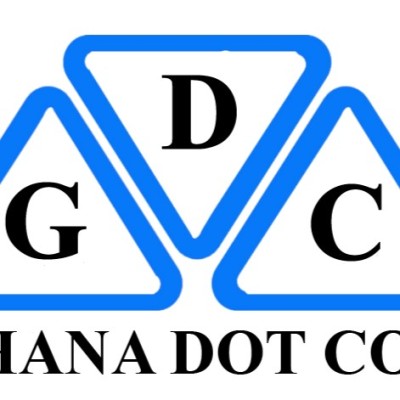
Indeed, those who lived in the era of no internet are worth our respect for the lives they lived without it, yet they lived happy lives and undertook all their businesses without complaining. They found easy ways of communicating, no matter the challenges, and found more simple ways of socialising.
When did Ghana get internet service?
The first website in Ghana was GH.COM. A company by the name of Network Computer Systems (NCS) registered it in 1993.
After securing the domain, they looked for ways to go online and serve the internet. With support from Pipex, the NCS managed to start a commercial service in Ghana. The method used to connect to the intertnet was the dial-up IP to Pipex performed periodically using a DEC station 5000 model 25 with Morningstar PPP software.
Over time, there was a need to expand the internet services offered in Ghana, but there were several challenges, the major one being a lack of adequate or sufficient DELs. This prevents the NCS from providing internal services to those who subscribe to its dial-in lines.
By October 1994, telephone services had begun to expand through the efforts of Ghana Telecom. This move by Ghana Telecome led to the addition of 15,000 lines to Accra exchanges.
In January 1995, an application for a top-level domain by NCS was approved, which came with its own pressure as more and more Ghanaians wanted to access the world wide web in the cities of Accra and Kumasi.
To ensure internet services are available, there was a need to acquire two workstations from a telebit Netblazer with a rack of U.S. robotics modems.
In all, the two disc capacities were just 6 GB, which had a memory capacity of 48 megabytes each. Can you imagine? This was less than 5 megabytes and far away from 1 gig for a whole nation, but this improved internet service in Ghana in January gave NCS the semblance of a budding Internet service provider.
By August, Ghana was ready to be recognised as Africa’s newest internet hub with full Internet connectivity over a leased line in sub-Saharan Africa. The success of Ghana’s connectivity to the internet is credited to the enviable efforts of Nii Quaynor and his strong technical team, composed of William Tevie, Joseph Annan, Andy Bulley, and others in NCS. NCS is an information technology company providing a variety of services in Ghana.
How it was accessing the internet in Ghana from the beginning
Since the internet went to sleep as a result of the demaged fibre optic cables, you and I have had nothing close to what life was like in the days of no internet to the days when the internet was so scarce.
In 2000, the internet was so slow that it could take 10 to 15 minutes for one web page to load. And to get this service, you have to travel long distances to internet cafes. Upon reaching the internet cafe, the chances of getting access to the internet was not immediately guaranteed.
You have to join a long queue to buy the time you will use. After paying for the time, say GHS10.00, you have to now join the queue of those waiting to use the internet. Today, it is on your phone. In those days, there was nothing like wifi, and you had to go to the cafe to access it.
READ: Use this X VPN Trick to get 100% Internet on MTN
At this stage, you are at the mercy of those already seated and using the internet from the many or a few hanch-back computers. If they decide to buy more time each time their credit gets exhausted, you have to keep waiting forever. Sometimes, you will have to leave the café and come back another day or time, or come the next day to use the internet.
I remember in 2001, we used to walk from American House in East Legon to the University of Ghana in Legon to a cafe near the primary school in the University of Ghana just to access one or two hours of internet and go home.
In those days, if you leave home at 3 p.m., you will get to campus in 2 or so hours and wait for another hour or more to access the internet. To ensure we do not wait so long upon arriving at the internet cafe, we leave home at 9 p.m. and get to the cafe in about 2 hours, and by midnight, most students on campus will leave the cafe; hence, you can use the internet for one to two hours, then head home at about 2 a.m.
Checking and sending your emails in those days was a luxury, and sending digital greeting cards was the most common use many young people put the internet to. If you want to learn how to type, you have to buy the internet time voucher and use Mavis Beacon or whatever typing software the internet cafe has to practice.
READ: Buy AirtelTigo Data Bundles Here
Today, the internet has become so common that we seem to feel its impact on our social lives, communication, education, business, and work. In the last few days, I have seen so many people complain about life without the internet.
Each time, I see people complain, I shake my head in disbelief because even the current slow internet is better than what most cafes had 25 to 29 years ago. Let us enjoy the moment so we can value the internet when it is fully restored.
Source: Wisdom Hammond | GhanaEducation.org


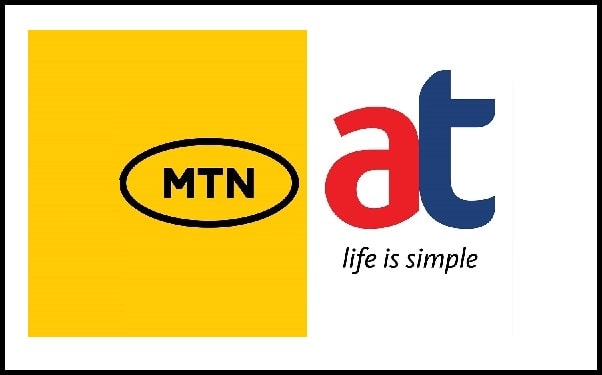 Buy 1 Gig MTN or Airtel Tigo data for only GHS6.00 not GHS17.00
Buy 1 Gig MTN or Airtel Tigo data for only GHS6.00 not GHS17.00  Nigeria Education News nigeriaeducationnews.com is live globally
Nigeria Education News nigeriaeducationnews.com is live globally 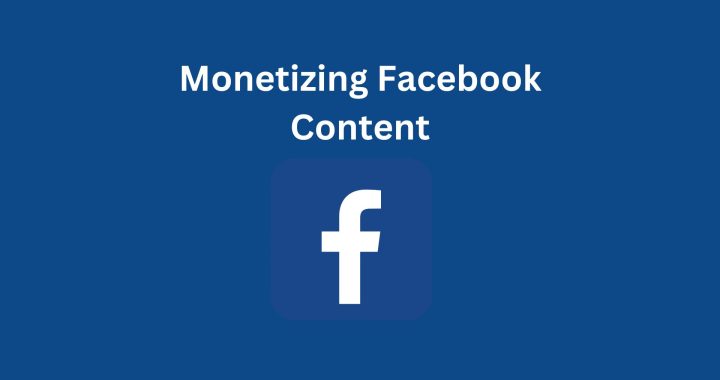 How to Register for Facebook Monetization in Ghana
How to Register for Facebook Monetization in Ghana 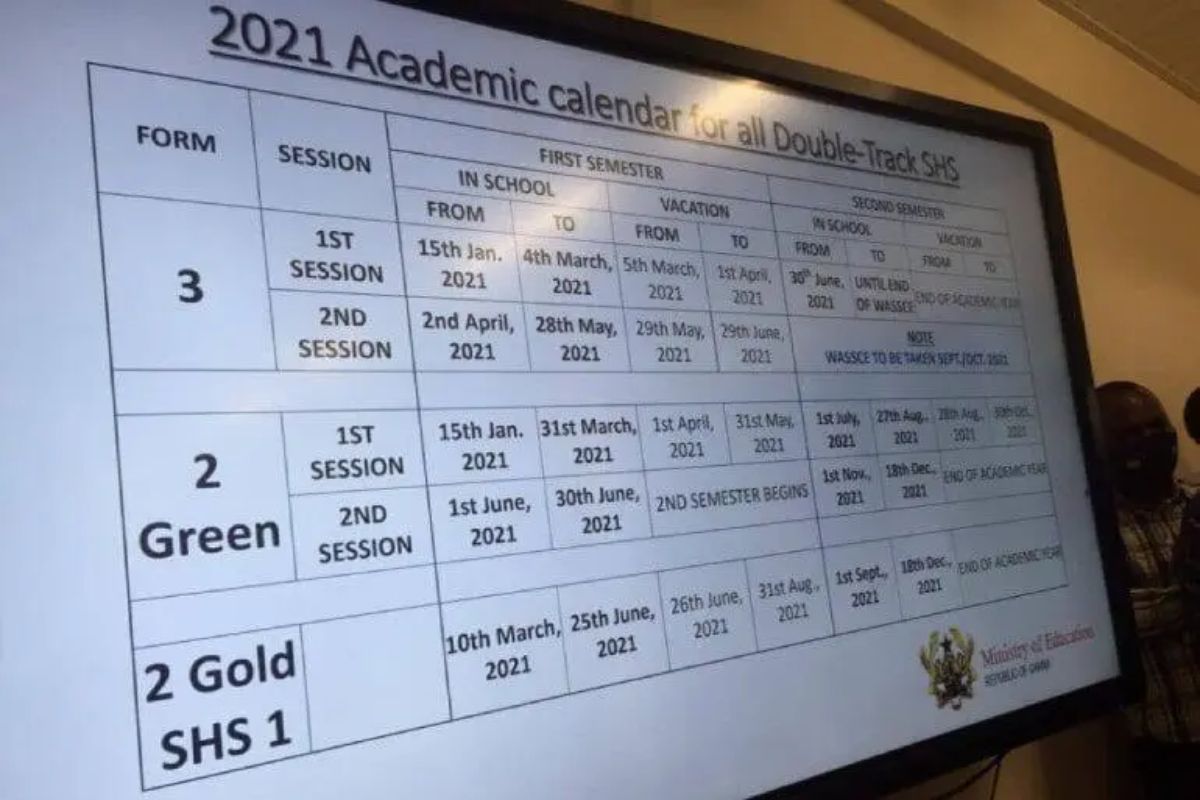 GES 2024-2025 Academic Calendar for Public Schools
GES 2024-2025 Academic Calendar for Public Schools  GES to recruit university graduates and diploma holders-GES Director General
GES to recruit university graduates and diploma holders-GES Director General 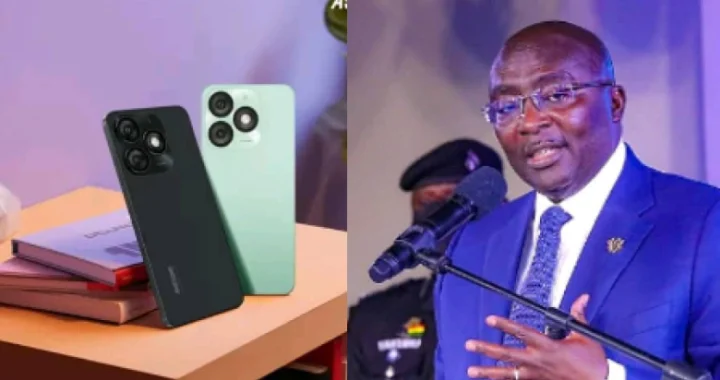 Dr. Bawumia’s Smart Phone Credit Will Take 125 Years To Repay: A Misleading Promise
Dr. Bawumia’s Smart Phone Credit Will Take 125 Years To Repay: A Misleading Promise  GES is expected to announce reopening dates for public schools today
GES is expected to announce reopening dates for public schools today